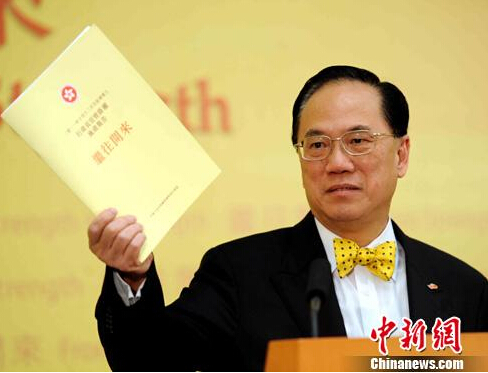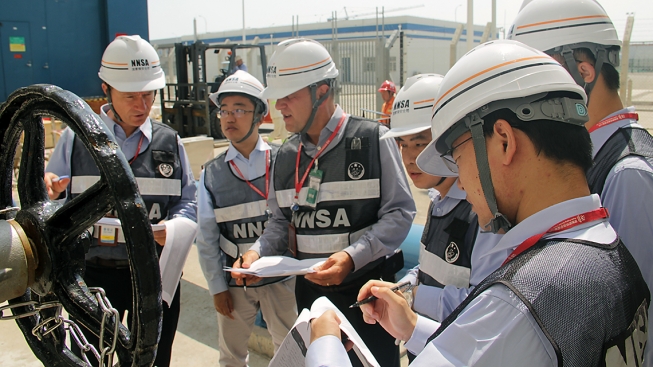UK public finances are OK
The latest figures for public spending, tax revenue and borrowing published yesterday showed more progress in reducing the running deficit. Total state borrowing adjusted for the bonds the Bank of England has bought in remains at a moderate level, around 65% of GDP.
The main reason new borrowing is reducing is the continued good growth in tax receipts. In the period April 2016 to January 2017 tax revenues were 5% higher than in the same period of the previous financial year. This reflects the continued growth of the UK economy. Self assessment income tax receipts and corporation tax receipts showed especially strong growth based on improved business activity and investment prospects.
This increase in tax allowed an increase of 2% in public spending and a reduction in the rate of new borrowing. In the financial year to date central government current spending is up by 1.4% and local government current spending up by 10.2%. Central government net investment rose by 6%. (ONS official figures). There are some areas where it may be necessary to spend more.
It is still a good idea to spend money wisely. Ending our EU contributions is an obvious improvement to make. There are issues with poor value for money in parts of the overseas aid budget. There are more opportunities to help people into work, to cut the benefit bill by substituting earnings from work. There are many efficiency improvements to be made in areas like railway spending, which is running at high levels.
The government also needs to be careful over tax rates. Taxing income may be a necessity, but it is not wise to tax working and investing too heavily as it can do considerable economic damage and prove self defeating. The budget is an ideal time to review current rates and ask which taxes should be lower in order to raise more revenue as and when economic growth delivers more cash.
read more


